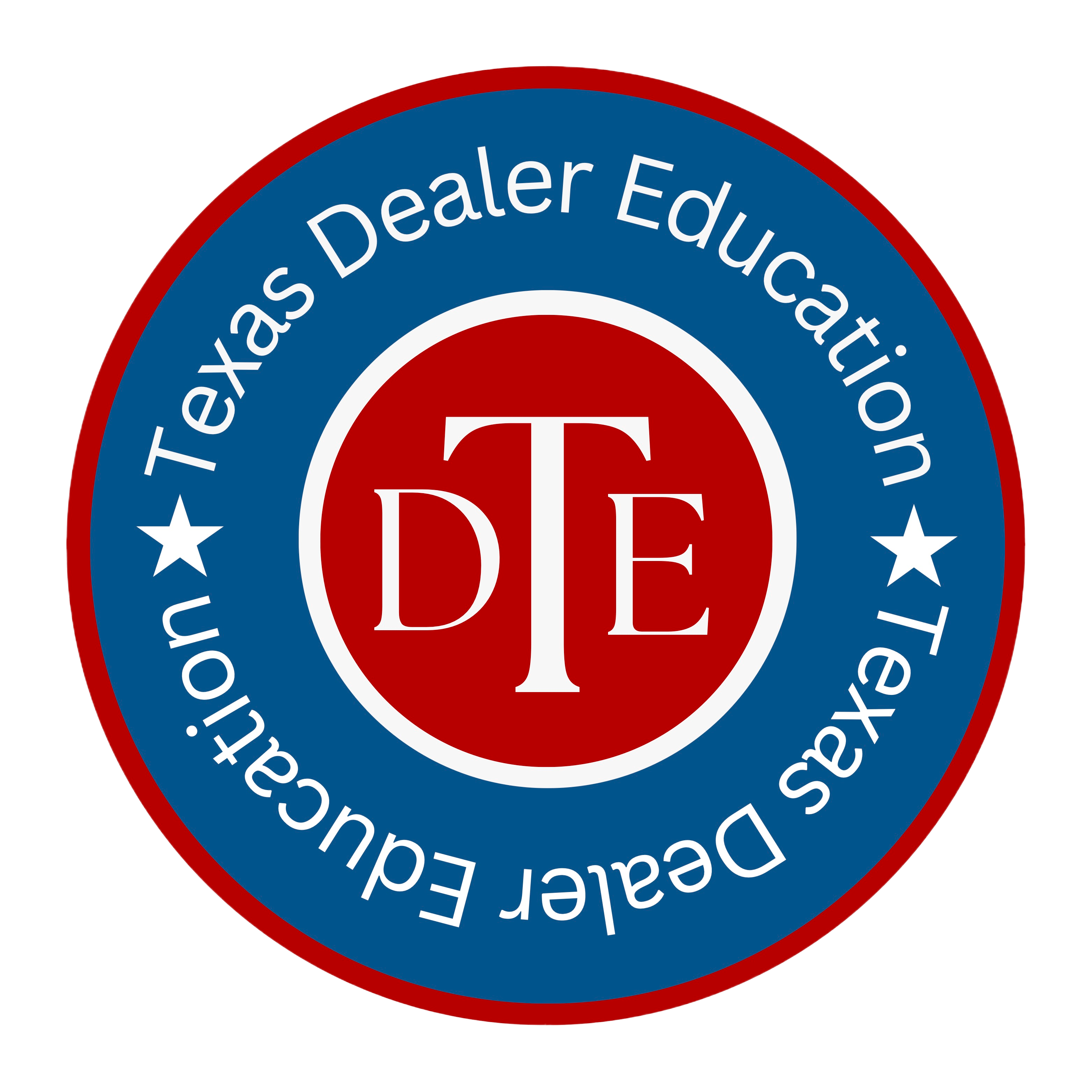Forming Your Business

An important thing to consider when starting a dealership is the formation of your business and the type of business you want to organize.
You see here a list of various business types. You may want to consider looking at a business type that helps protect your personal assets even if it’s a little more expensive to set up and maintain. Something along the lines of a limited liability company, or corporation.
Operating as a sole proprietor is less expensive to set up and maintain but has some drawbacks. The risk of losing personal assets in a lawsuit against the individual owner is much greater with this business type. Each of the business types here have positives and negatives to be considered.
Type of Business
Some things to consider when deciding on the business type:
– Tax consequences
– Personal asset protection
– The size and scope of your operations – Not just initially, but where they will be down the road.
– Number of employees – Same thing initially, and down the road.
– And if you hold any other business ownership interests, that can be a factor as well
– Not to mention estate planning and much more
You might want to consider seeking a CPA or attorney’s assistance when forming your business.
Your Business Model
Now that you’ve given some consideration to the type of business you’re going to form, it’s time to put some thought into your business model.
The term ‘business model’ incorporates many DIFFERENT things such as how you intend to pay for your inventory, fund your operations, etc.
Premises Requirements
Regardless of your business model, you’re going to be subject to the premises requirements of the state. Those include having an established and permanent place of business. That means a retail dealer will need a business office, a permanent sign, and to meet several other requirements that we’ll get into in much more detail later on.
Regardless of how you plan to acquire and/or sell your inventory, you DO have to have a real physical dealership location.
Types of Business Models
Let’s look at several different business models that some potential dealers consider when looking to get into the business:
To broker a vehicle in Texas, you have to obtain your General Distinguishing Number. There is no brokering license. If you do intend to broker vehicle sales, you may do so, but you’re still subject to the same premises requirements as a regular retail dealer.
Some dealers are interested in selling online only. There is nothing wrong with doing that, but you will still need to obtain the same license everybody else does. You still have to have a physical location, which is subject to all the same premise requirements, and all sales must occur at the licensed location.
There are dealers who wish to export only. No problem there, but again, you must get the GDN and you still have to maintain your premises requirements.
If you do have a retail dealers license, like the one we’re talking about here, you are authorized under THAT license to sell vehicles wholesale. However, you may only sell vehicles of the type for which you hold a retail license. If you wish to simply wholesale vehicles – and not retail them to the public – you may do so by obtaining JUST a wholesale dealers license.
Basic Considerations
No matter what business model you decide on, there are three basic considerations you want to think about before you get started:
The first, is overhead and operational expenses; things like your rent or mortgage, how you’re going to pay your employees, insurance, utilities, vehicle reconditioning, taxes, etc. All of your overhead operational expenses.
The next thing is – How are you going to pay for your inventory? in your case, the cars and trucks you’re going to sell.
And then lastly as part of your business model, how are your customers going to pay for the vehicles that you sell them? Let’s take a look at all these.
Overhead and Operational Expenses
So, how to fund your operation? Most dealers start off with a combination of their own cash and a line of credit from a financial institution. Determining this factor is obviously a big part of your business plan.
Inventory
If you have the resources, you can of course use your own cash to buy your vehicles.
The financing of your inventory by a third party is known as floorplanning and is the most common source of funding. If you have the relationships, you may be able to leverage private investors. Some dealers are even floored by other dealers.
Though not common, certain banks and credit unions will also provide financing for your inventory.
Customer Payments
Alright, we’ve looked at how you’re going to pay other people. Now let’s look at the all-important aspect of how you’re going to get paid when you sell a vehicle!
You will have some sales that are what we call “cash-only sales.” That’s a situation where your customer ALREADY HAS THEIR OWN FUNDING. It may be cash, or maybe financing from another source such as a bank or credit union, but YOU -the dealer- were not involved in securing that financing.
Third-party finance is a situation MOST common at dealerships where you – the dealer – help to arrange the financing for the customer through some third-party such as a bank, credit union, finance company, etc.
A very specific business type known as “buy-here pay-here” is basically in-house financing provided by YOU, the dealer.
Thre are many dealers who utilize a combination of these business models in their dealerships. Keep in mind you may need additional licenses issued by other state agencies to operate some of these business models.
